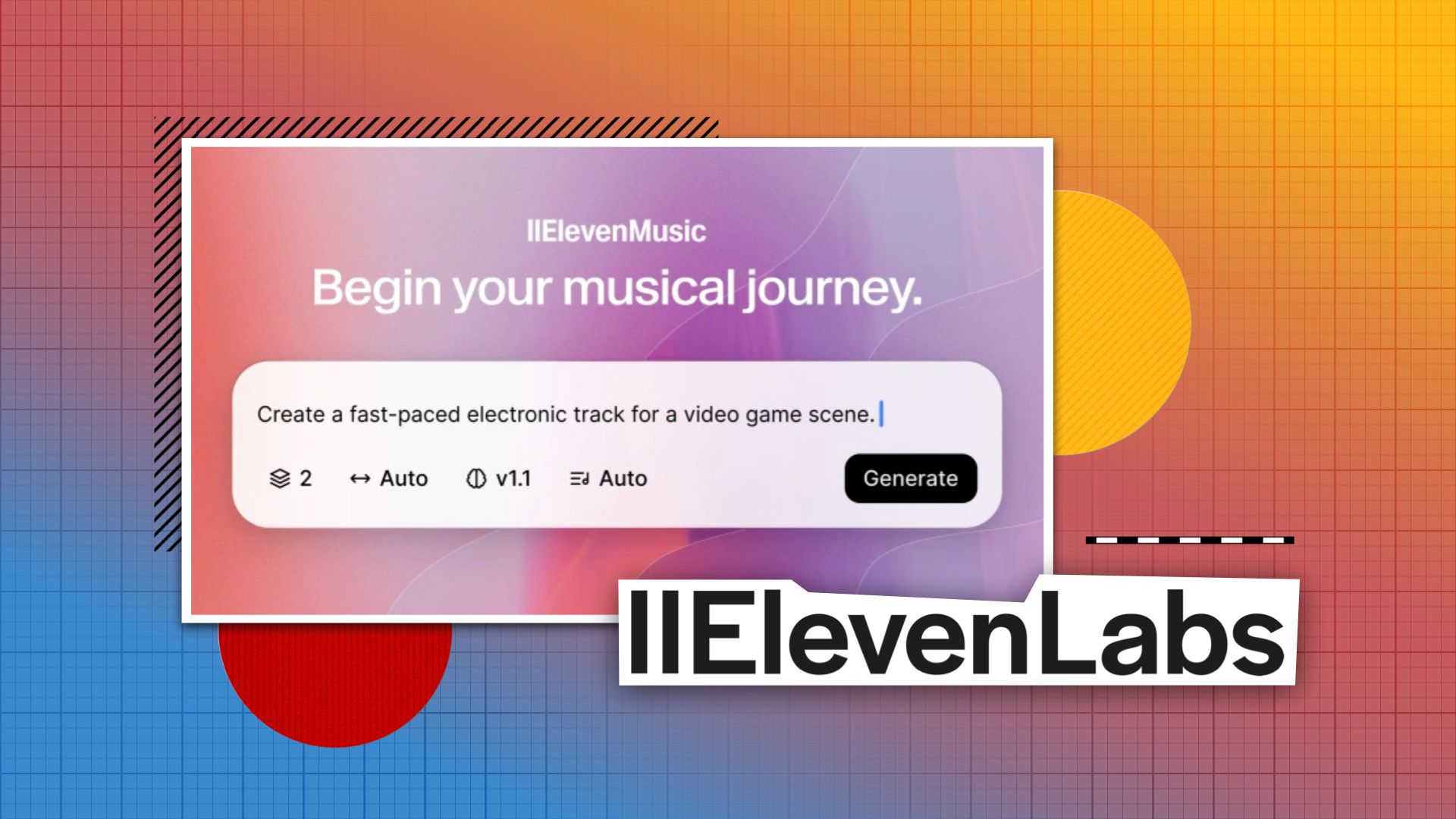ElevenLabs has officially launched Eleven Music, an AI-powered music generation platform that creates studio-grade tracks from simple text prompts. The platform distinguishes itself through licensing agreements with major music industry players like Merlin and Kobalt, addressing copyright concerns that have plagued competitors, and offering multilingual support with granular editing capabilities for both instrumentals and vocals.
The launch positions ElevenLabs as a serious contender in the rapidly expanding AI music space, where legal compliance has become just as important as technical capability for commercial adoption.
Behind the Scenes: Licensing deals set Eleven Music apart from lawsuit-plagued competitors
While competitors Suno and Udio face ongoing copyright litigation from major record labels, ElevenLabs took a proactive approach by securing licensing agreements before launch. The company partnered with Merlin, which represents thousands of independent labels, and Kobalt, a major music publisher, along with SourceAudio for pre-cleared content.
This legal-first strategy creates a clear competitive advantage:
Lower legal risk - Industry partnerships shield users from potential copyright infringement claims
Professional adoption - Music supervisors, ad agencies, and studios can use the platform without legal concerns
Revenue sharing - Rightsholders participate in AI-generated content through established licensing structures
According to Kobalt CEO Laurent Hubert, their partnership represents "forward-looking and thoughtful opportunities to participate in AI revenue streams, subject to clear and fair guardrails."
From Script to Score: Text prompts generate professional-quality tracks in minutes
Eleven Music operates as a text-to-music AI where users describe their desired sound, genre, or use case. The platform handles everything from simple requests to complex, multi-layered compositions.
Example prompts demonstrated by ElevenLabs include:
"Dreamy, psychedelic, slow Indie Rock, reverb-soaked vocals, retro keys, catchy chorus, analog, phased guitars, liminal, nostalgic feeling, anthem"
"An epic track for a cowboy show, wild west, cinematic sound design, guitar twanging with awesome orchestral elements crescendoing to a powerful finale, soundtrack"
The platform supports multiple languages including English, Spanish, German, and Japanese, making it suitable for global productions. Users can generate full songs with vocals or instrumental-only tracks, then edit specific sections like verses, choruses, or bridges independently.
Post-Production Power: Granular editing capabilities enable precise creative control
Unlike many AI music tools that treat songs as complete, unchangeable outputs, Eleven Music allows sectional editing. Users can revise individual song components without regenerating the entire track.
Key editing features include:
Section-by-section control - Edit intro, verse, chorus, bridge, and outro independently
Lyric modification - Adjust vocals and text across supported languages
Instrumental tweaking - Modify musical elements while preserving vocal tracks
Style consistency - Maintain genre and mood while making targeted adjustments
This granular approach appeals to professional users who need specific creative control over their audio content, from podcast intros to film scores.
Wide Release: Platform targets creators, businesses, and media professionals
ElevenLabs designed Eleven Music for diverse use cases spanning entertainment, advertising, and content creation. Target users include:
Businesses creating advertising jingles and brand soundtracks
Independent creators producing social media content and YouTube videos
Media professionals developing podcast themes and game soundtracks
Artists and producers using the platform for rapid prototyping
The broad licensing agreements remove legal friction for commercial applications, addressing a significant barrier that has limited professional adoption of other AI music tools.
Final Cut: Legal-first approach may reshape AI music industry standards
ElevenLabs' licensing strategy signals a maturation point for AI music generation. As the industry moves beyond proving technical feasibility, legal compliance and rightsholder protection have become essential for commercial viability.
The success of Eleven Music's approach could establish pre-licensing as the industry standard, potentially forcing competitors to pursue similar agreements or risk continued legal challenges. For media professionals, this represents a shift toward AI music tools that can be safely integrated into commercial workflows without copyright concerns.
As more studios, agencies, and content creators require legally compliant AI-generated music, platforms that prioritize industry partnerships alongside technical innovation will likely lead the market's next phase of growth.


